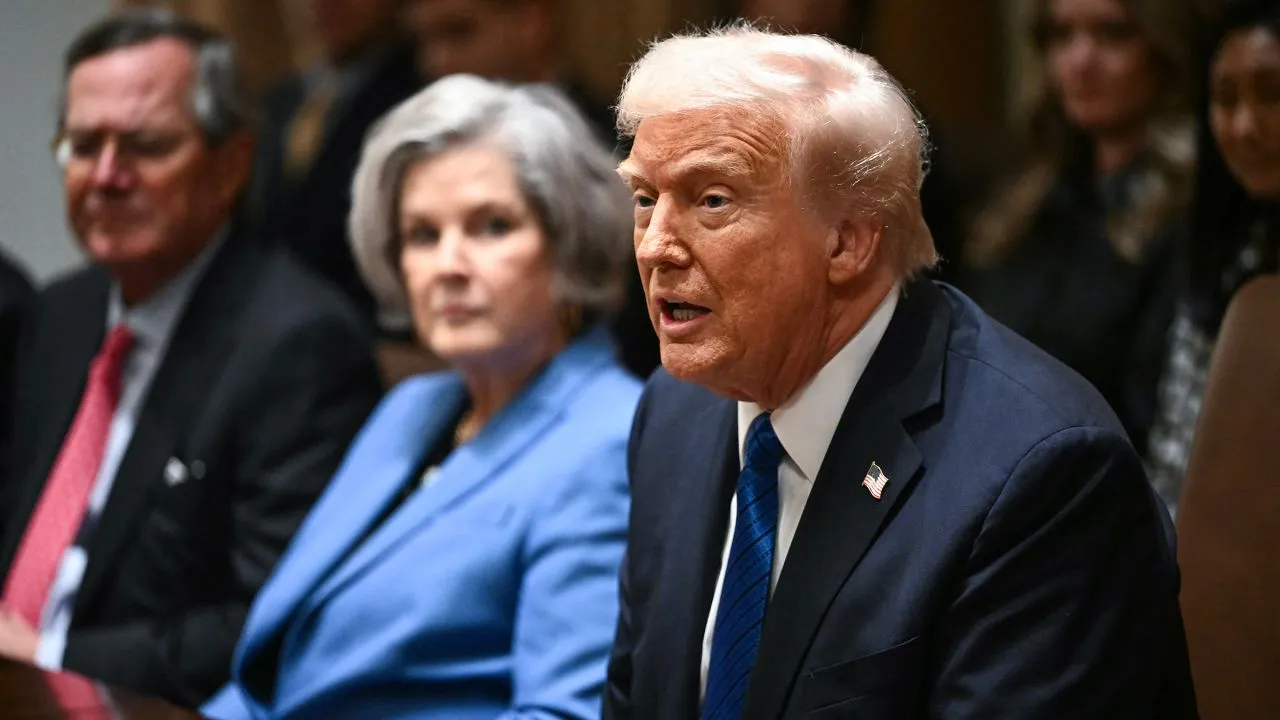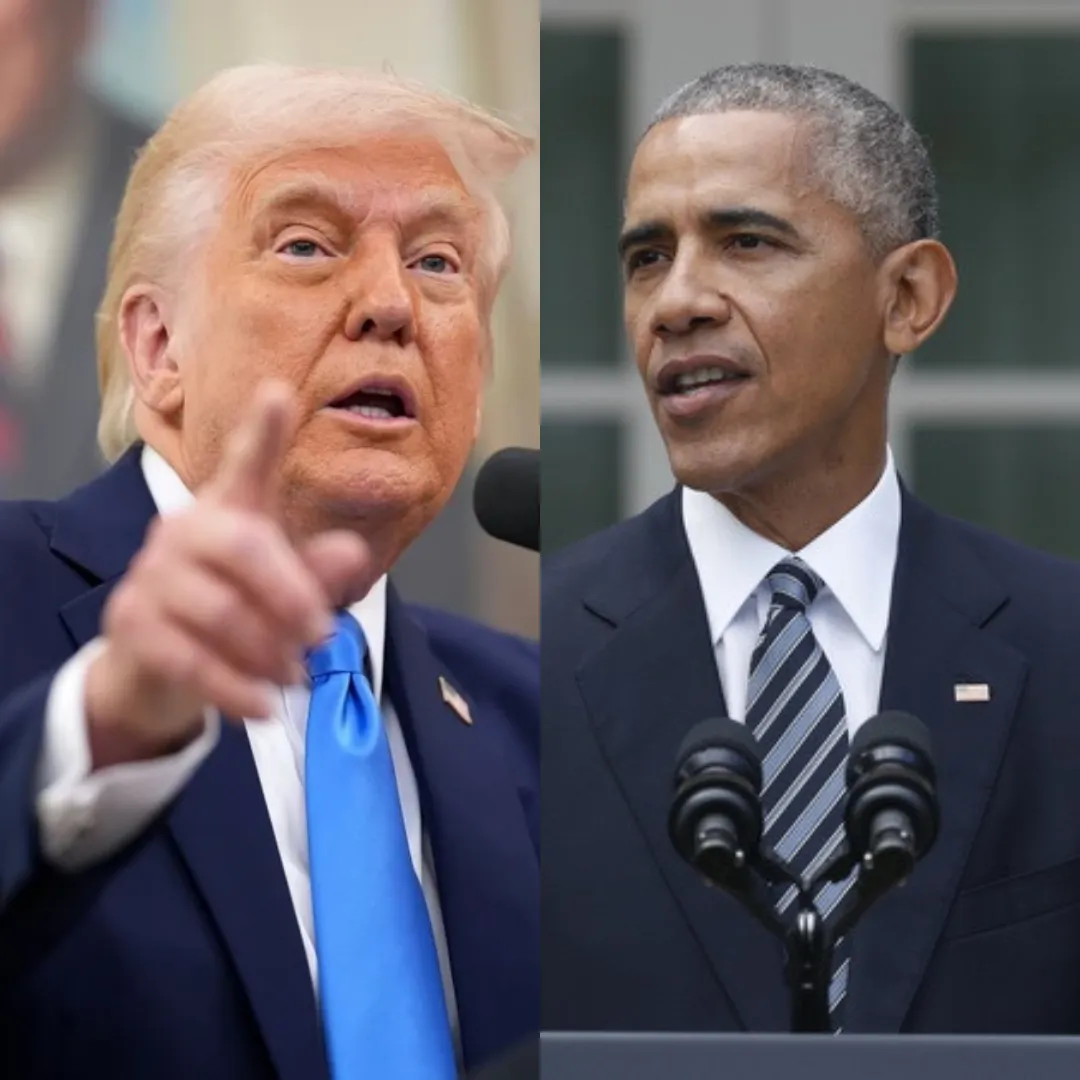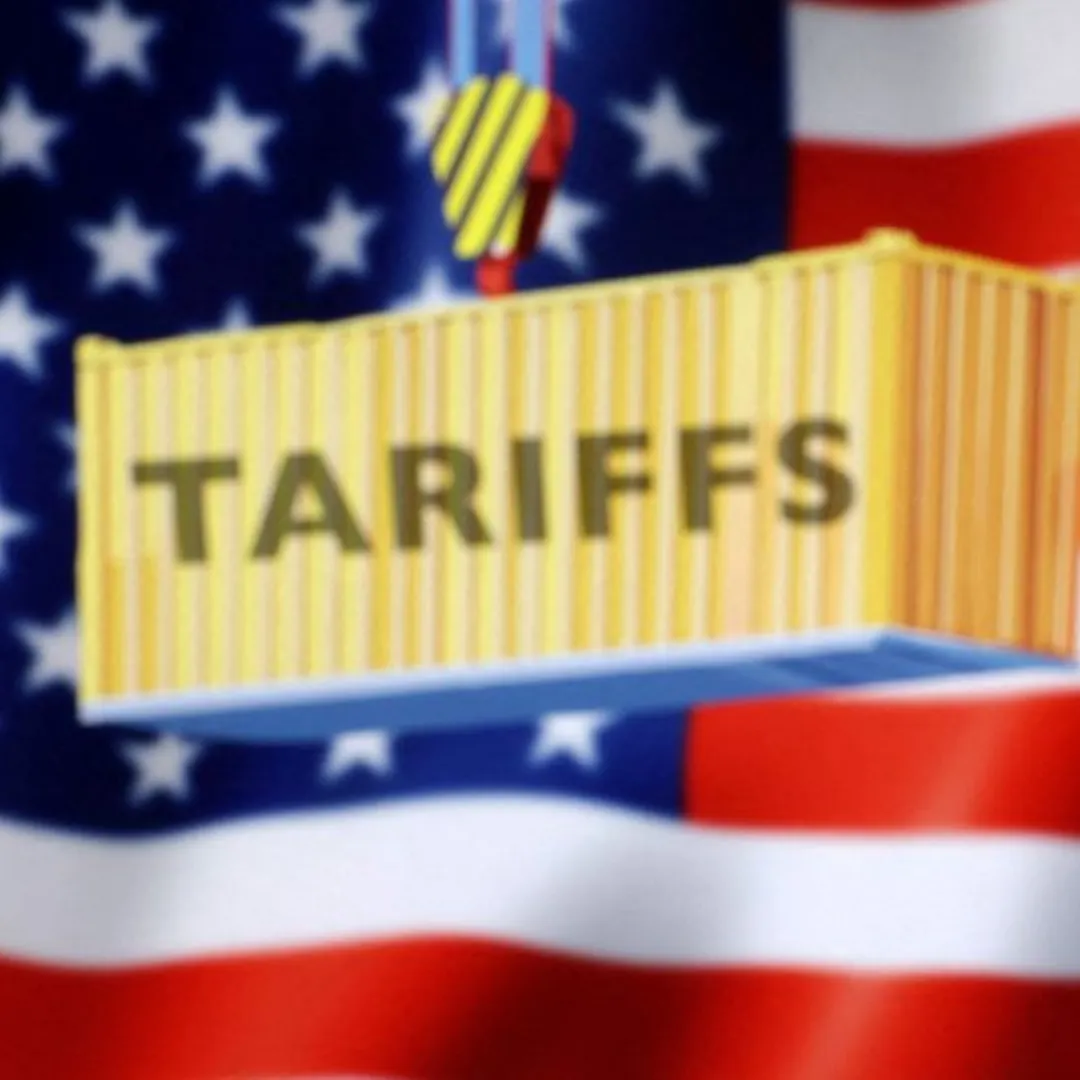
The fallout from the Trump administration’s sharing of sensitive military information on Signal has rippled across the international stage, leading to growing distrust from America’s allies.
What was meant to be a quiet discussion about military plans turned into a public scandal, shedding light on the contempt some top U.S. officials hold toward Europe’s role in global security.
The impact of this incident is now being felt in diplomatic corridors across the globe, as allies reevaluate their relationships with the United States.
A leaked group chat on the messaging app Signal, initially discovered by Jeffrey Goldberg of The Atlantic, has exposed the extent of the Trump administration’s internal disagreements and its disdain toward some of its closest allies.
In this chat, high-ranking U.S. officials discussed planned military strikes against Houthi rebels in Yemen while simultaneously expressing disdain for the European nations they were supposed to rely on for shared security efforts.
The group chat quickly became a flashpoint in global politics, raising serious concerns about the United States’ ability to manage sensitive information.
As news of the Signal leak spread, reactions from U.S. allies were swift and harsh. Craig Kafura, director of public opinion and foreign policy at the Chicago Council on Global Affairs, noted that the release of these details was deeply alarming for intelligence agencies worldwide.

“I think every allied intelligence agency that read that article is probably having their own internal panic attack about what this implies,” Kafura said, describing the shockwave caused by the breach.
In the article, Goldberg revealed that high-ranking officials in the Trump administration had used Signal to debate military strategies and to express their frustration with Europe’s so-called “freeloading” on U.S. security efforts.
The timing of the leak, along with its content, has made it clear that the damage to America’s relationships with its allies could be far-reaching. For many European leaders, the sharing of such sensitive information—coupled with the dismissive tone toward Europe’s role in global security—has further eroded trust in the U.S.
“I think this is going to continue to push public attitudes in Europe in a more negative direction towards the United States,” Kafura added. As the Trump administration’s “America First” foreign policy has already strained many longstanding relationships, this new scandal is only exacerbating tensions.
In Canada, for instance, Prime Minister Mark Carney has stated that the “historical relationship” with the U.S. is “over,” further signaling the rapid deterioration of diplomatic ties under Trump’s leadership.
The Signal scandal highlights not just a technical breach of security but a deeper betrayal of trust that has left European allies questioning their future cooperation with the U.S.

The revelation that key American officials were not only discussing military operations on an unsecure platform but also ridiculing European contributions to shared security efforts was a clear sign of the growing isolationist and adversarial stance of the Trump administration.
Foreign diplomats have openly expressed their shock at the casualness with which sensitive information was handled. “I wouldn’t use Signal to cheat on my wife,” one diplomat remarked, capturing the general disbelief. “Mistakes happen, but not this mistake,” he added, underlining the gravity of the situation.
While the U.S. may have long enjoyed a privileged position as a trusted partner in global security matters, the reality is that the Trump administration’s handling of sensitive information and its aggressive, often disrespectful tone toward allies is eroding the very foundation of international cooperation.
Perhaps the most significant impact of this scandal has been the damage done to NATO and the broader network of intelligence-sharing partnerships that the U.S. has built over decades.
Countries that have long relied on American military and intelligence support are now questioning the security of that relationship. As one of America’s most crucial alliances, NATO’s relationship with the U.S. is now under intense scrutiny.

Germany’s confidence in the United States has taken a particular hit. A recent poll revealed that only 16 percent of Germans now view the U.S. as a trustworthy partner, with three-quarters of the population believing that NATO members can no longer rely on America for protection.
In light of this, Bradley Bowman, senior director of the Center on Military and Political Power at the Foundation for Defense of Democracies, stressed the potential fallout: “If allies and partners don’t trust that the United States will handle sensitive information appropriately, they will be less likely to share it,” he said. “That would make Americans less safe.”
This sentiment is echoed across Europe, with officials from countries like Portugal and the UK expressing concern over the U.S.’s handling of intelligence matters.
As tensions grow, many fear that America’s role in global security could be weakened in the long term.
Trump’s hardline stance on foreign policy, combined with his increasingly dismissive attitude toward traditional allies, has fundamentally shifted the way the U.S. interacts with its global partners.
His approach has been to treat international alliances as transactional, often focusing on what the U.S. can extract from these relationships rather than investing in the long-term trust that has historically been the backbone of American foreign policy.

“Look, our intelligence partners are not going to stop working with us,” said Dan Shapiro, former U.S. ambassador to Israel. “They benefit a great deal from these exchanges.” However, the erosion of trust in America’s leadership could eventually lead to serious consequences, Shapiro cautioned.
“That intelligence sharing is more important than ever as we see growing cooperation among the Axis of Aggressor adversaries, including China, Russia, Iran, and North Korea,” he said.
Even in the face of such escalating concerns, Trump’s administration continues to downplay the significance of the Signal leak, focusing instead on defending the officials involved.
This stance has done little to reassure America’s allies, many of whom are now questioning whether they can trust the U.S. to safeguard sensitive information in the future.
As the fallout from the Signal scandal continues, Europe and other allies are beginning to reassess their diplomatic and security relations with the United States.
The increasing isolationist tendencies of the Trump administration, combined with its antagonistic rhetoric toward NATO and the European Union, have left many wondering whether the U.S. can continue to be relied upon as a global leader.
In the U.K., Liberal Democrats have called for a review of the intelligence-sharing agreement with the U.S., echoing growing concerns in Europe about America’s handling of sensitive information.

Meanwhile, in Canada, Prime Minister Carney has suggested that the country may need to reassess its relationship with the U.S., a sentiment that resonates with the 79 percent of Canadians who have a negative view of Trump.
As trust in the U.S. continues to erode, the future of NATO and other international alliances is increasingly uncertain.
Many countries are now questioning whether they can continue to rely on American leadership in security matters, or whether they will need to look elsewhere for protection and cooperation.
Looking ahead, it remains unclear how the U.S. will manage its relationships with its international partners, particularly as trust continues to deteriorate.
The ongoing fallout from the Signal scandal, combined with Trump’s “America First” policy, has left many questioning the future of American diplomacy.
 For now, allies are left to weigh the risks of continuing to cooperate with a country that has shown such disregard for their concerns. As the international community looks on, the U.S. faces a delicate balancing act: rebuild the trust that has been lost, or risk further isolation on the world stage.
For now, allies are left to weigh the risks of continuing to cooperate with a country that has shown such disregard for their concerns. As the international community looks on, the U.S. faces a delicate balancing act: rebuild the trust that has been lost, or risk further isolation on the world stage.



